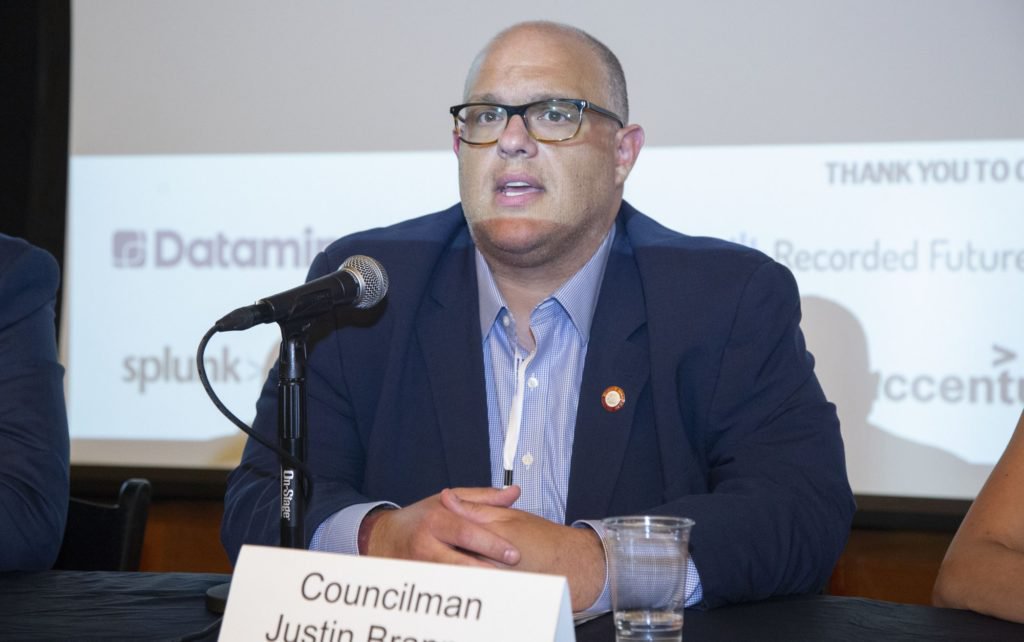Brannan pushes mayor to provide air conditioners for low-income seniors

Photo courtesy of Councilmember Justin Brannan's Office
With summer quickly approaching, Mayor Bill de Blasio announced the COVID-19 Heat Wave Plan during his press conference on Friday, May 15.
The plan is designed to keep New Yorkers – including low-income seniors – cool and safe at home and includes preventing and responding to power outages.
According to the mayor, power outages occur most often during the summer months when power usage is at its peak. The city is in frequent communication with utility providers and will pre-stage generators across the city for rapid deployment if needed.